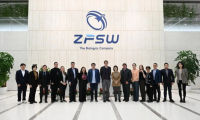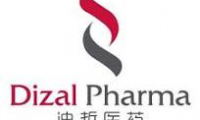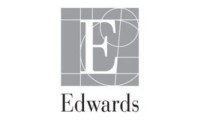-
Merck and Moderna to Launch Trial of mRNA-4157 Plus Keytruda in Non-Small Cell Lung Cancer
- Source: drugdu
- 95
- December 13, 2023
-
With More 2024 FDA Filings Planned, Novartis Drug Starts Showing Blockbuster Potential
- Source: drugdu
- 102
- December 13, 2023
-
Seagen’s Adcetris and Bristol’s Opdivo boost hopes for another ADC, PD-1 combo
- Source: drugdu
- 107
- December 12, 2023
-
Vertex, CRISPR score landmark FDA approval for sickle cell disease gene therapy Casgevy
- Source: drugdu
- 112
- December 12, 2023
-
Gates Foundation Delegation Visits Zhifei Biological Products Co., Ltd.
- Source: drugdu
- 91
- December 12, 2023
-
Vaccinations still vital to curb illness spread
- Source: drugdu
- 94
- December 12, 2023
-
FDA Approves Two Landmark Cell-Based Gene Therapies for Sickle Cell Disease
- Source: drugdu
- 95
- December 12, 2023
-
On Heels of ASH Data, Pfizer Eyes FDA Submission for New Hemophilia Drug
- Source: drugdu
- 90
- December 12, 2023
-
Edwards plans to spin off critical care business next year
- Source: drugdu
- 99
- December 11, 2023
your submission has already been received.
OK
Subscribe
Please enter a valid Email address!
Submit
The most relevant industry news & insight will be sent to you every two weeks.













